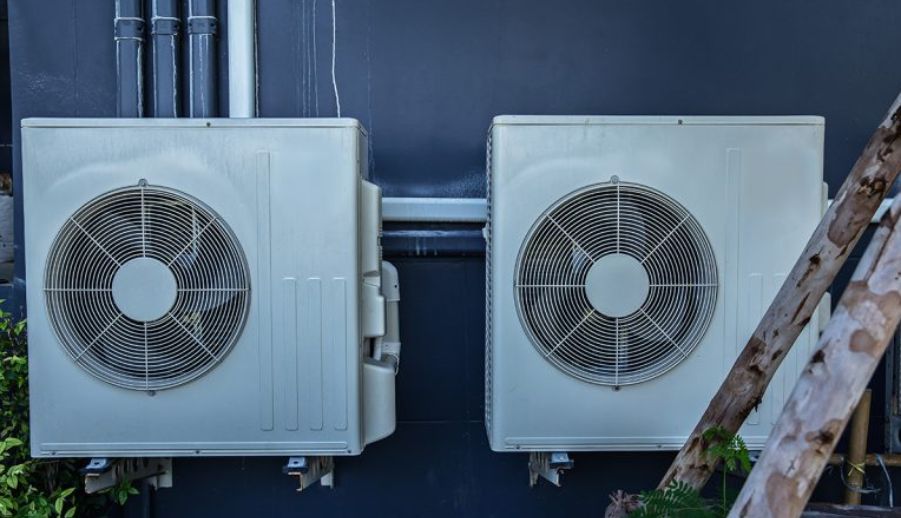If you are looking for a way to keep your house warm without the expense of running the air conditioning, then you may want to consider purchasing a heat pump. You must do some research before deciding which type of heating system to get. This article will help walk through the main points on whether or not these devices are worth it.
What Is A Heat Pump And How Does It Work?
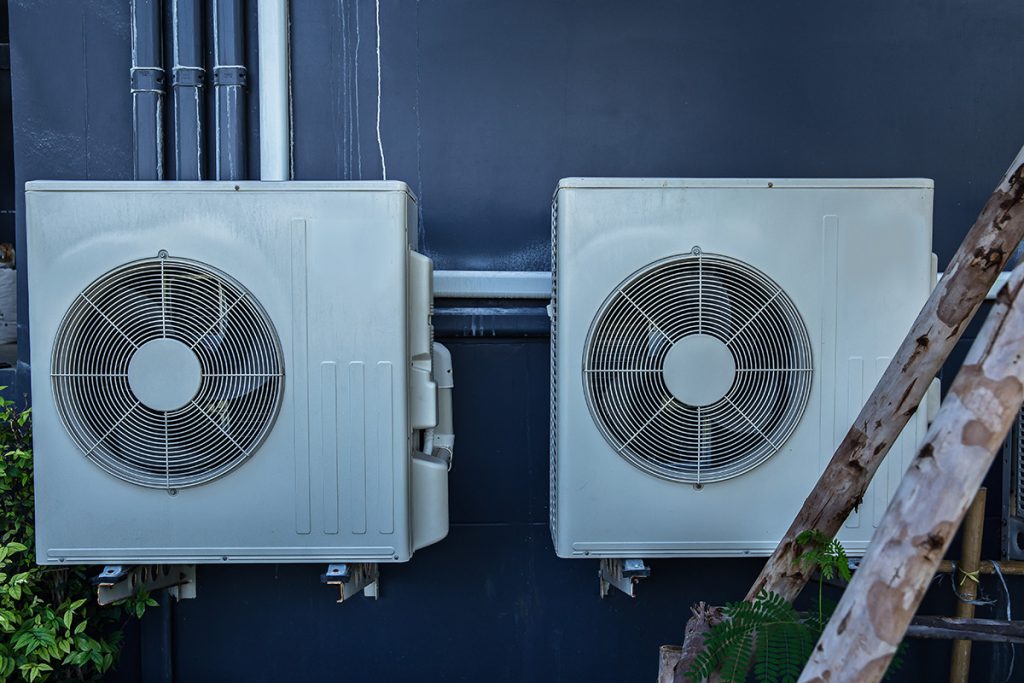
A heat pump is a device that circulates air or water to transfer heat from one place to another. The most common type of heat pump is an air-source heat pump, which transfers heat between your home and the outside environment. Some people also use ground-source (or geothermal) heat pumps, which transfer heat between your home and the ground.
Heat pumps don’t create heat. They move it around from one place to another. While this may sound odd at first, think about a refrigerator: your refrigerator moves heat out of the interior and into the room so that you can keep food cold. An air-source heat pump works in much the same way: it moves heat out of your home and into the outside air.
Heat pumps have several uses, but their most common use is to provide heating during winter months – especially in cold climates.
How Do Heat Pumps Compare To Other Heating Systems?
A heat pump is a device that uses electricity to move thermal energy from one place to another. This can be used to either heat or cool a space. Heat pumps are becoming more and more popular as people look for ways to save on their energy bills. But are they worth the investment? Let’s look at how heat pumps compare to other heating systems.
One of the most significant benefits of a heat pump is that it can heat and cool a space. This makes them a versatile option, especially if you live in a climate where the temperatures vary drastically throughout the year. Heat pumps are also more efficient than other heating options like furnaces and baseboard heaters. This makes them an excellent choice for those looking to save money on their energy bills in the long run.
One of the most significant downsides of using a heat pump is that it can be costly to install one, and you will likely need an HVAC contractor to do this work for you. Heat pumps are also less effective in the colder months than other heating options. However, they can be a great option if you live somewhere that gets hot during the summer and out during the winter.
Types Of Heat Pumps
There are a few different types of heat pumps that you can choose from air-source, water-source, and ground-source. Let’s take a look at each class in more detail.
Air-Source Heat Pumps
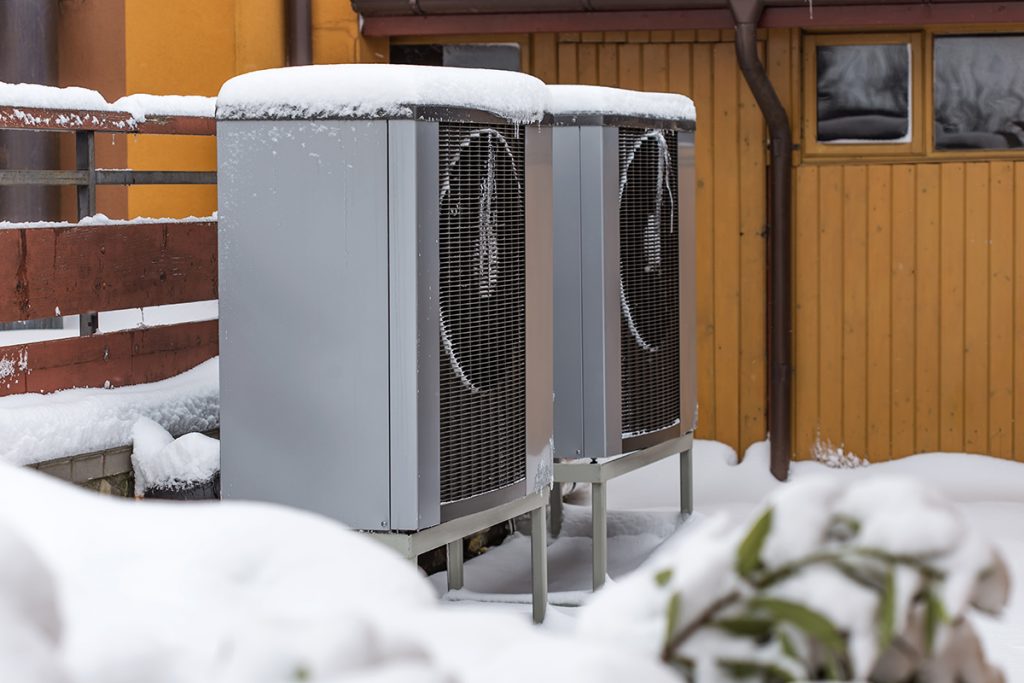
An air-source heat pump is the most common type of heat pump. It transfers heat between your home and the outside environment. These pumps are best suited for climates that have a moderate climate.
Water-Source Heat Pumps
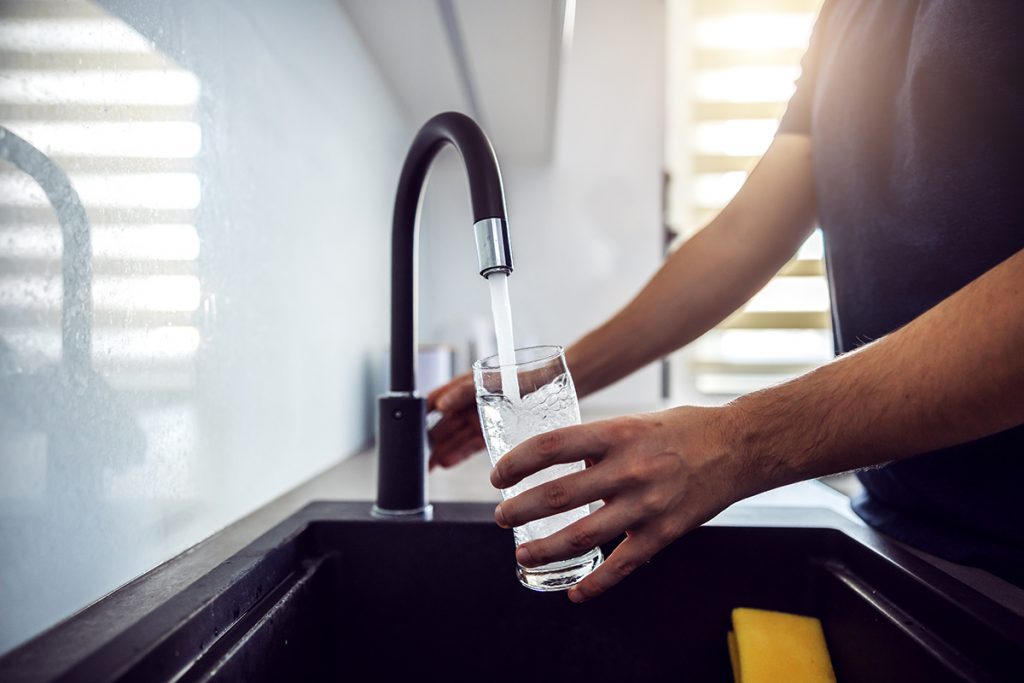
A water-source heat pump transfers heat between your home and a body of water, such as a lake or river. These pumps are best suited for colder winters and hotter summers.
Ground-Source Heat Pumps
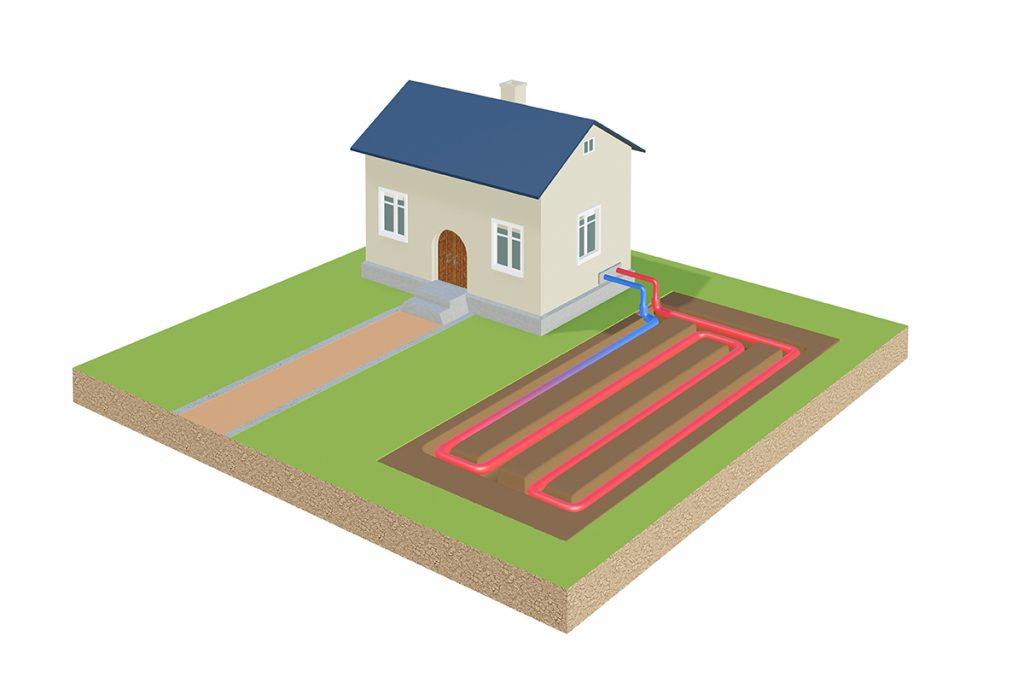
A ground-source heat pump transfers heat between your home and the ground. These pumps are best suited for colder winters and hotter summers. Ground-source heat pumps are more expensive to install than other heat pumps, but they are more efficient and can last longer. They can also be very effective at heating your home during the colder months.
How Much Do Heat Pumps Cost?

The cost of a heat pump will vary depending on the type you choose. Air-source heat pumps are the cheapest to install, while ground-source heat pumps are the most expensive. However, ground-source heat pumps are more efficient and can last longer, so they may be worth the investment in the long run.
It’s important to note that you will likely need an HVAC contractor to install a heat pump for you. The cost of this installation will vary depending on the size of your home, the type of heat pump you choose, and the location of your home.
Pros And Cons Of Using A Heat Pump In Your Home
Heat pumps are a great way to provide heating for your home because they can be used in the summer and winter months. However, there are many different factors that you will need to consider before investing. Let’s take a closer look at some of the pros and cons of using a heat pump in your home:
Pros:
Heat pumps can be used to both heat and cool your home. This makes them an excellent choice for anyone who lives in an area with drastically different temperatures throughout the year. They are also very good at heating up during the colder months, so they are so popular among homeowners. You will also likely save money on your energy bills in the long run because heat pumps are more efficient than other heating options.
Cons:
The installation of a heat pump can be costly. You will likely need an HVAC contractor to do this work for you, and it can cost anywhere from $2000-$5000, depending on the type of heat pump you choose. Heat pumps aren’t as effective in colder climates because they pull heat from the warm air outside rather than heating your home with a reliable modern boiler. This means that you may need to use another type of heater during the cold months if you live somewhere where it gets chilly, like Minnesota or Illinois.
Things To Consider Before Buying A Heat Pump
There are a few things you will need to consider before buying a heat pump:
- The climate where you live. If you live in an area that has a moderate climate, then an air-source heat pump is the best option for you. However, if you live in a room with colder winters or hotter summers, you will need to invest in a different heat pump.
- The size of your home and the layout. Heat pumps do not have large radiators like other heating systems, so they can only cover small areas at once. This means you will likely need multiple units if you live in a room with more than one story or want to heat an ample space.
- Your budget. Heat pumps can be expensive to install, but they are more efficient than other heating options in the long run. You will need to weigh the cost of the installation against the potential savings on your energy bills before making a final decision.
Buying Tips For Installing Or Buying A New One
If you are thinking of installing or buying a heat pump for your home, here are a few tips to help you out:
- Get multiple quotes from contractors before choosing one. The installation cost can vary greatly depending on the type of heat pump you select and the contractor you choose to do the work.
- Compare the efficiency ratings of different types of heat pumps. Not all heat pumps are created equal- some are more efficient than others. Make sure to compare the efficiency ratings before making a final decision.
- Think about your needs. If you only need heating for part of the year, you may not want to invest in a ground-source or water-source heat pump. These heat pumps are more expensive and require more maintenance, so they may not be the best option for you.
Are Heat Pumps Worth It?
Heat pumps are an excellent investment for any homeowner. They provide heating and cooling so that you can use them throughout the entire year. However, one question remains: Are heat pumps worth it? The answer to this depends on your specific situation; if you live in an area with drastically different temperatures throughout the year or have a vast living space, heat pumps are the best option.
However, if you live in an area with moderate temperatures or a smaller home, another type of heater may be better suited to your needs. In conclusion, there are many things to consider before installing a heat pump in your home. However, if you live in an area with a moderate climate and are looking to save on your energy bills in the long run, then a heat pump may be the best option for you.
Thank you for reading our piece on are heat pumps worth it. If you want to find out more about making your home greener visit our blog section! We have articles detailing the differences between lime and cement render, what is green insulation and more!

